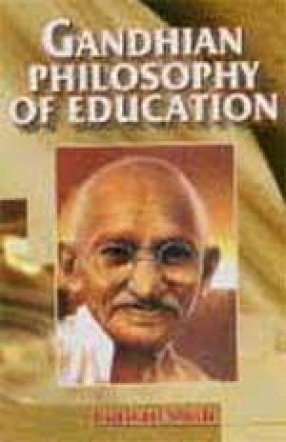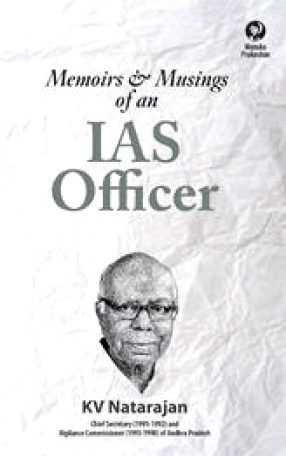Gandhi was not only a political leader deeply involved in the freedom struggle of his country, he was also a great social reformer. He had a correct picture in mind of the prevalent social scenario in India. The backwardness of women, the problem of untouchability, the great scourge of illiteracy were all in his mind. As a meticulous thinker, planner he was, he used to devise a plan and strategy to tackle them. After that he used to execute his plans with all his might which God had given him. His followers like Vinoba, Kripalani, Rajendra Prasad and many others followed him in his constructive work programme. His concept of basic education, Nai Talim, the Hindustani medium schools, the vocational training provided in schools, the education of women etc. are not merely his dreams, he dared to realize them with a missionary zeal. He laid a great emphasis on the moral content of education, and laid stress on the moral and spiritual education. This book discusses for the first time the educational philosophy of Gandhi, and comes to the conclusion that he was not far behind from the great educational thinkers like Rousseau, Pestalozzi and Froebel. This book is divided into seven chapters. The chapter one discusses Gandhi’s educational philosophy, the chapter two discusses Gandhian system of education, the chapter three discusses Gandhi on education. The chapter four is a comparative study of the educational philosophy of Gandhi and Tagore. The chapter five is about the moral and spiritual education. Chapter six contains the views of Gandhi on society and chapter eight is on the basic education. It is hoped that the book will be useful to the educational administrators, educational planners, teachers, and students alike.
Educational Administration
$46.80
$52.00








There are no reviews yet.